Pharmaceutical Producers on Alert: Potential Price Controls Linked to International Standards
Pharmaceutical manufacturers are reportedly under scrutiny as the Trump administration considers linking drug prices in the United States to lower prices paid in other developed countries. According to two sources from the industry, this potential policy shift is emerging as a central issue for the pharmaceutical sector. These discussions are anticipated to originate from the agency that oversees Medicare and Medicaid health programs, which could significantly impact pricing strategies across the industry.
Implications of Price Linking Policy
The potential implementation of a pricing policy that ties U.S. drug costs to international benchmarks could reshape the landscape of the pharmaceutical market. Here are some key considerations:
Impact on Pricing Strategies:
If adopted, this policy might force U.S. pharmaceutical companies to lower their prices, aligning them more closely with those in countries where drug costs are typically lower. This could lead to reduced margins for drug manufacturers.
Response from the Industry:
The pharmaceutical sector is likely to respond strongly to any proposed reforms that would impact pricing structures. Falling profits could lead companies to reevaluate their research and development investments and pricing strategies.
Key Areas of Concern for Pharmaceutical Companies
Market Access and Competition:
With lower prices imposed, pharmaceutical firms may face increased competition from generic drugs and biosimilars, further squeezing profitability.
Innovation Challenges:
Lower drug prices could limit the revenues necessary for funding new drug development, potentially stifling innovation in the long run.

Anticipated Outcomes of the Proposed Policy
Cost Savings for Consumers:
Proponents of price linking argue that this policy could lead to significant cost savings for consumers, especially those reliant on Medicare and Medicaid.
Increased Scrutiny of Drug Prices:
This shift in policy could fuel further scrutiny of drug pricing across the board, with lawmakers and regulators pushing for more transparency in pharmaceutical pricing models.
Looking Forward
Monitoring Government Actions:
Pharmaceutical companies will need to closely monitor developments from the Trump administration and its healthcare agencies to assess potential legislative and regulatory changes.
Strategic Adjustments:
The industry may need to proactively adjust strategies to mitigate the financial impact of any new pricing laws, potentially focusing more on international markets while evaluating domestic pricing.
Conclusion
The Trump administration’s consideration of linking drug prices in the U.S. to those in other developed nations signals a pivotal moment for the pharmaceutical industry. As companies face the prospect of altered pricing regulations, the potential ramifications on market access, innovation, and overall profitability are significant. The unfolding situation will require vigilant observation and strategic responses from pharmaceutical manufacturers as they navigate these challenging waters in the healthcare landscape.







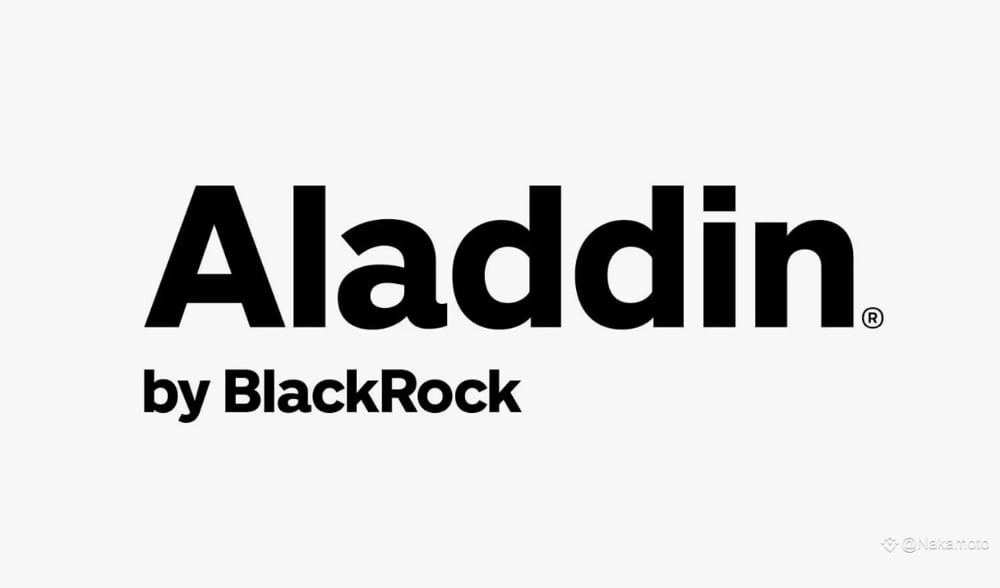

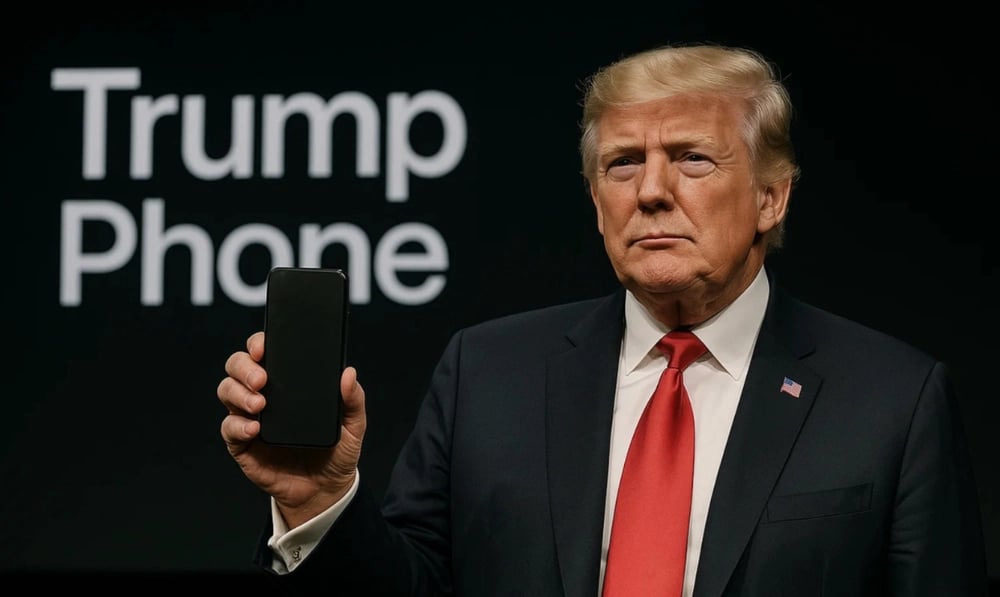

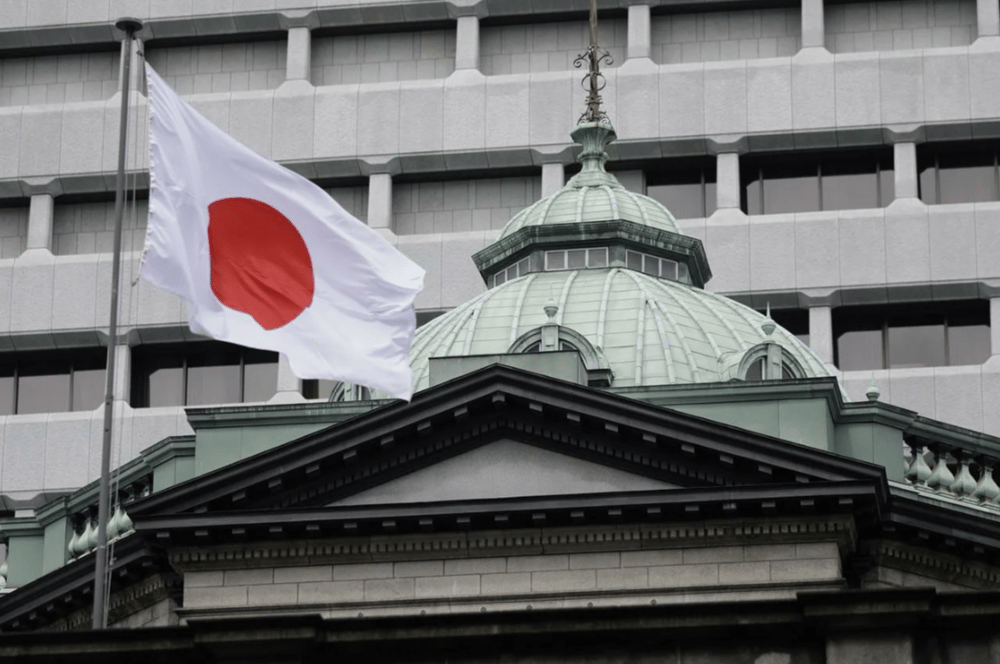




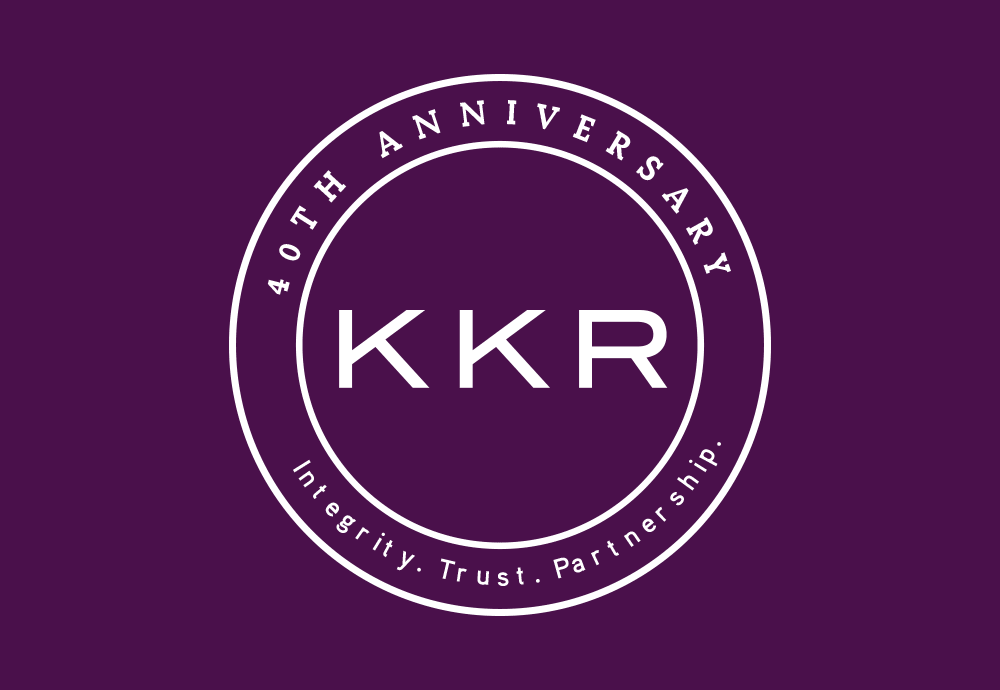
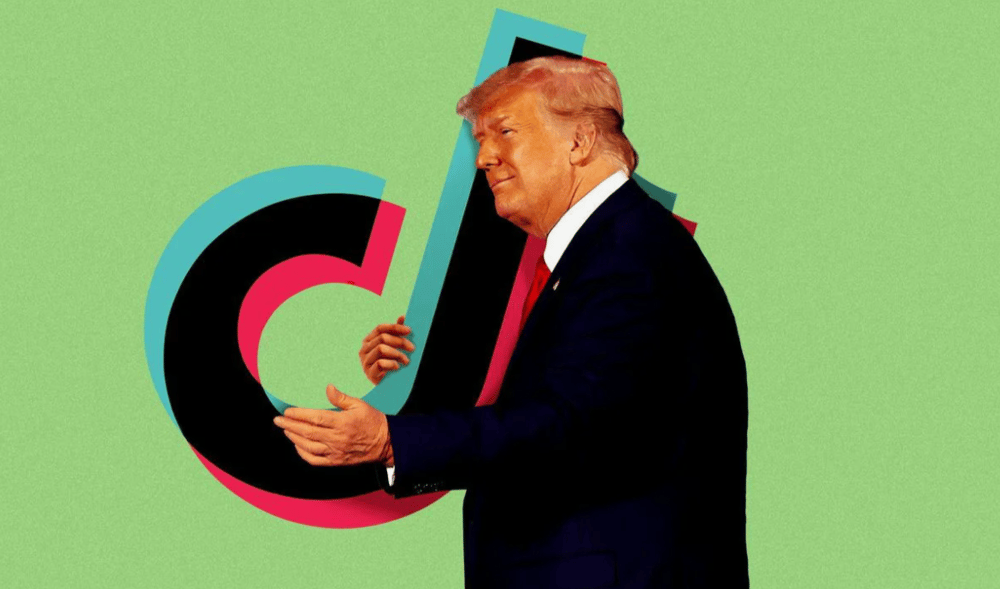
Comments